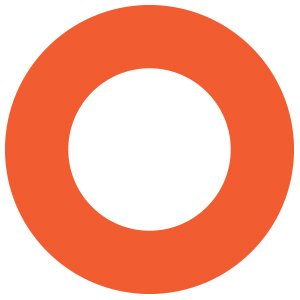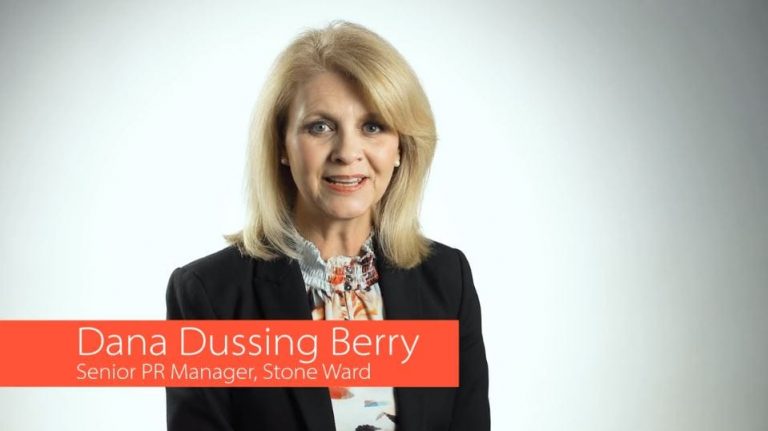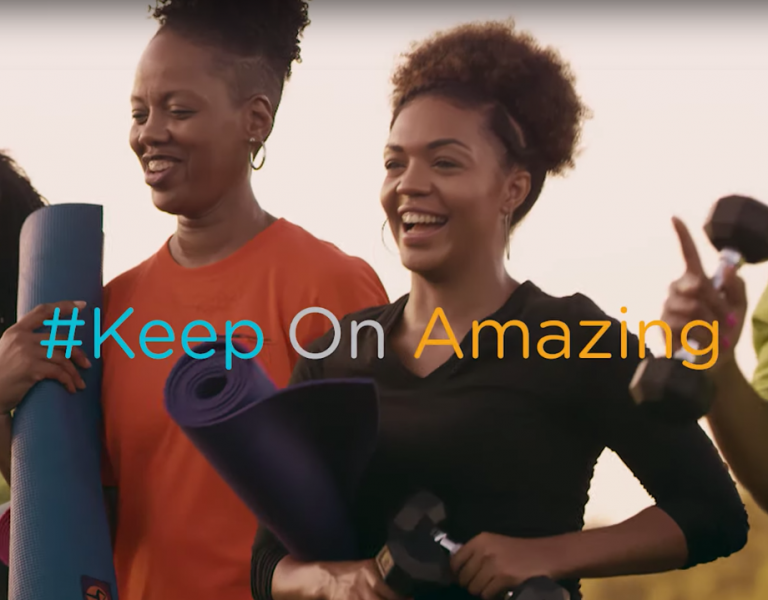We’ve all heard about how New York’s Mayor Bloomberg learned to code last year. Some people think that every student should have the chance to learn how to code. But, what does this mean to ad agencies?
Let’s see what it looks like right now at Stone Ward. Here’s a breakdown of our staff’s coding capabilities…
10% – People who write or look at some code most days. These are primarily members of our interactive department. They’re the people who build websites and apps or work on our internal project/time tracking system on a regular basis.
22% – People who touch on coding a little bit, sometimes. Including project managers who switch to HTML mode when editing content online to fix minor layout bugs, people who deal with posting stuff online that involves embed codes, people who use a little bit of CSS to style or fix content.
68% – No coding.
… not too bad, but there’s still plenty of people who can learn!
Note that coding and creating software are two different things. Coding as a skill means being able to get code to run and work, it does not necessarily include the ability to plan and execute large projects, or engineer algorithms, design relational databases, or properly implement object oriented design patterns. For the purposes of this discussion, if you got something cool or useful to work, and it involved typing code rather than point and click configuration, we’ll call you a coder.
Why would I want to do that, you ask? Coding a few lines of CSS can be the difference between accepting the way a WordPress theme looks, and customizing it to your taste. Tweaking a little Javascript code can be the difference between a plain old web page, and one that sings and dances. Being able to edit HTML instead of relying on the rich text editor on your Drupal site can be the difference between having to call for help or get it done yourself. Coding is fun and knowing just a little helps you understand how things work and solve problems.
Now is better a better time than ever learn to code. There are more and more opportunities to write a little bit of code that will go a long way. More and more of us working on online projects where we tie together sites, services, and social media together with HTML and embedded media. Or, if you’re doing basic office work, JavaScript plug-ins for Google Docs can help you connect your document workflow with other services via Javascript APIs. There are now lots of places where people with moderate levels of skill can do a little coding to help them with workday tasks.
Here’s how you can learn…
http://www.codecademy.com/tracks/javascript – Learn some basic stuff in a fun interactive environment.
http://www.codecademy.com/tracks/php – PHP helps us add unique functionality to sites, and is what all of our preferred CMS platforms are based on.
https://developers.google.com/apps-script/your_first_script – Customize Google apps or pick from the Apps script gallery for examples.
http://learnlayout.com/ – Learn about what’s possible with page layouts on the web.
http://dabblet.com/ and http://cssdesk.com/ – Try out CSS coding tricks, learn how it works.







